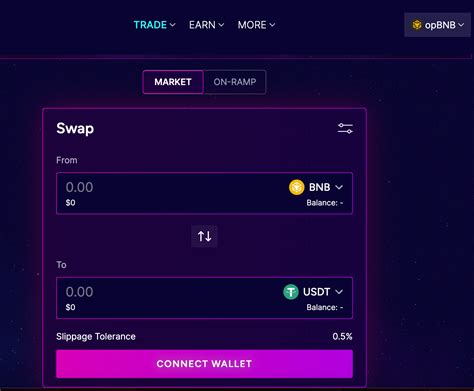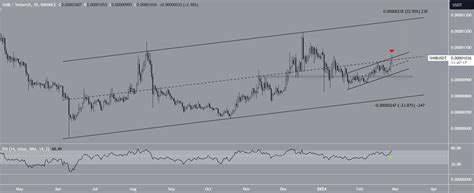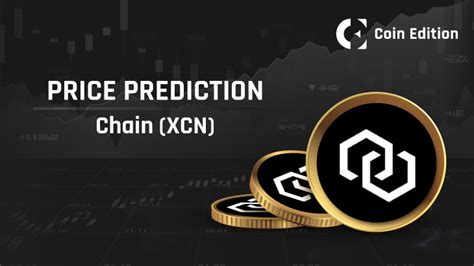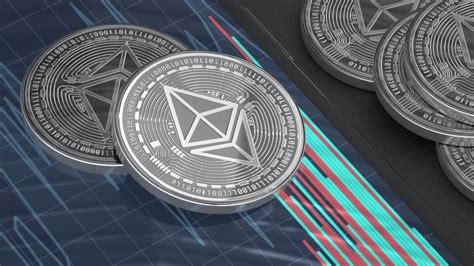Unveiling the BNB Chain: A Comprehensive Guide to Binance's Smart Blockchain

`markdown
Preview: The BNB Chain (formerly Binance Chain and Binance Smart Chain) has revolutionized the world of decentralized finance (DeFi) and Web3. This article delves into its history, architecture, functionalities, and future prospects.
What is the BNB Chain?
The BNB Chain is a blockchain network developed by Binance. It is designed to support a wide range of decentralized applications (dApps) and digital assets. It is particularly known for its fast transaction speeds, low fees, and compatibility with the Ethereum Virtual Machine (EVM). This compatibility allows developers to easily port their Ethereum-based dApps to the BNB Chain.
A Brief History of BNB Chain
Originally, Binance launched Binance Chain, focused on fast and decentralized trading. However, it had limited smart contract capabilities. To address this, Binance launched Binance Smart Chain (BSC) which ran parallel to Binance Chain. In February 2022, Binance rebranded the entire ecosystem to the BNB Chain, encompassing both Binance Chain and BSC, emphasizing its connection to the BNB token and its vision of building a MetaFi (Metaverse + DeFi) infrastructure.
Understanding the BNB Chain Architecture
The BNB Chain consists of two main blockchains:
- BNB Beacon Chain (formerly Binance Chain): Primarily used for BNB staking and governance.
- BNB Smart Chain (BSC): EVM-compatible chain where dApps are built and transactions occur. It uses a Proof-of-Staked-Authority (PoSA) consensus mechanism, a hybrid of Proof-of-Stake and Proof-of-Authority.
- EVM Compatibility: Allows easy migration of dApps from Ethereum.
- Fast Transaction Speeds: Offers significantly faster transaction processing compared to Ethereum.
- Low Transaction Fees: Charges significantly lower fees than Ethereum, making it more accessible for users.
- Decentralization: While more centralized than Ethereum, it still offers a level of decentralization.
- Growing Ecosystem: Boasts a large and active ecosystem of dApps, DeFi protocols, and NFT projects.
- Interoperability: Supports cross-chain asset transfers and communication with other blockchains.
- DeFi Protocols: Lending, borrowing, swapping, and yield farming platforms.
- NFT Marketplaces: Platforms for buying, selling, and trading non-fungible tokens.
- Blockchain Games: Play-to-earn games powered by blockchain technology.
- Decentralized Exchanges (DEXs): Platforms for trading cryptocurrencies without intermediaries.
- Smart Contract Development Frameworks: Truffle, Hardhat
- Web3 Libraries: Web3.js, ethers.js
- Documentation and Tutorials: Extensive documentation and tutorials for developers.
- Increased Decentralization: Efforts to further decentralize the network.
- Improved Scalability: Solutions to handle increasing transaction volumes.
- Enhancements to Security: Measures to protect the network from attacks.
- MetaFi Integration: Deeper integration with the Metaverse, combining DeFi, NFTs, and GameFi.
- What is the main purpose of the BNB Chain?
- What are the key advantages of using the BNB Chain?
- How does the BNB Chain differ from Ethereum?
- What is the BNB token used for on the BNB Chain?
- Is the BNB Chain secure?
Key Features and Benefits of BNB Chain
How BNB Chain Compares to Other Blockchains
| Feature | BNB Chain | Ethereum | Solana |
| ---------------- | ------------- | ---------------- | ----------------- |
| Transaction Speed | High | Moderate | Very High |
| Transaction Fees | Low | High | Low |
| Decentralization | Moderate | High | Moderate |
| EVM Compatibility| Yes | Yes | No |
Building on the BNB Chain
The BNB Chain provides a robust platform for developers to build a variety of dApps, including:
Tools and Resources for Developers
The BNB Chain provides developers with a range of tools and resources, including:
The Future of BNB Chain
The BNB Chain is continuously evolving and improving. Future developments include:
Conclusion
The BNB Chain has become a significant player in the blockchain space, offering a compelling alternative to Ethereum. Its fast transaction speeds, low fees, and EVM compatibility make it an attractive platform for developers and users alike. As the BNB Chain continues to evolve, it is poised to play an even greater role in the future of DeFi and Web3.
Frequently Asked Questions (FAQs) about BNB Chain
The BNB Chain's main purpose is to provide a fast, low-cost, and EVM-compatible blockchain platform for building and deploying decentralized applications.
The key advantages include fast transaction speeds, low transaction fees, EVM compatibility, and a growing ecosystem of dApps.
The BNB Chain offers faster transaction speeds and lower fees compared to Ethereum, but it is also more centralized.
The BNB token is used for paying transaction fees, staking, and participating in governance.
The BNB Chain employs various security measures, including the PoSA consensus mechanism, to protect the network from attacks, but users should always exercise caution when interacting with dApps.
`





